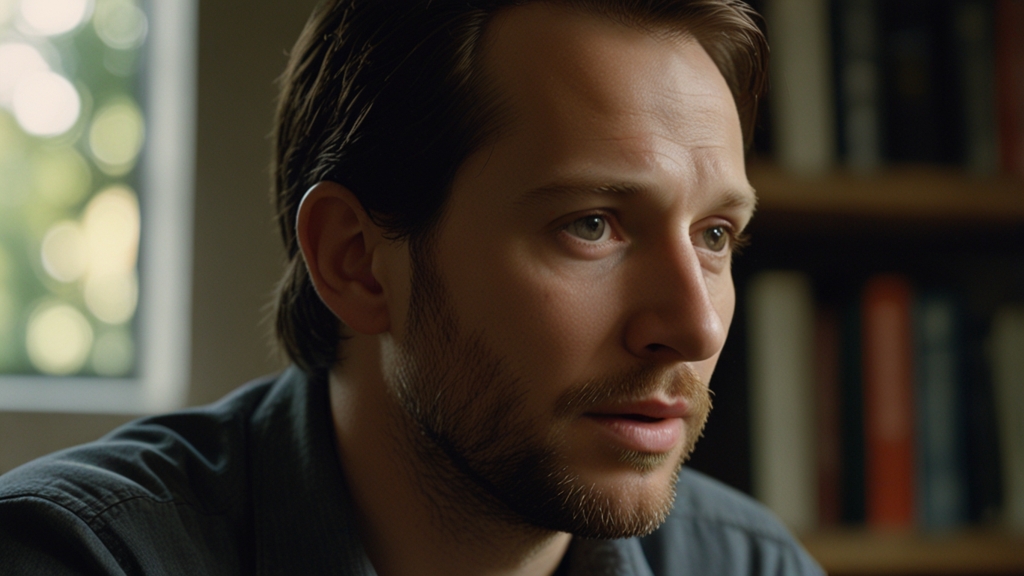Whose Ethics Matter? The Power Dynamics at Play
The concept of ethics is often viewed as a universal set of principles that can guide human behavior. However, the reality is far more complex and influenced by various power dynamics. The ethical standards that prevail in society are often those upheld by the most powerful and influential groups. This raises critical questions: Whose ethics matter? And who gets to decide? Let's delve into the power dynamics at play when it comes to shaping ethical norms and standards.
The Influence of Power in Ethical Norms
Historically, powerful institutions like governments, religious organizations, and large corporations have played a massive role in dictating what is considered ethical behavior. Laws, decrees, and corporate policies often reflect the ethics of those who hold sway over these institutions. For example, laws against labor strikes in certain countries may prioritize corporate profitability over workers' rights, reflecting the power imbalance between large businesses and individual laborers.
Philosophical and academic theories on ethics, too, are frequently shaped by those with access to platforms and resources. The works of philosophers like Aristotle, Kant, and Mill dominate ethical discourse, often sidelining diverse viewpoints.
Corporate Ethics and Profit
In the business world, the ethics that often prevail are those that align with profitability. A company's ethical guidelines can frequently mask practices aimed at maximizing profit rather than genuinely contributing to societal good. When a corporation claims to uphold environmental sustainability, but funds politicians who roll back environmental regulations, the inconsistency reveals the underlying power dynamics.
"Corporate social responsibility often stops where profitability begins," remarks CSR expert Jane Adams. "It's not uncommon for corporations to employ ethical rhetoric as a form of reputation management, rather than genuine ethical commitment."
Media Influence and Public Perception
The media wields considerable power in shaping public perception of what is ethical. Sensationalist reporting, selective highlighting of issues, and even blatant misinformation can mold societal norms. When media conglomerates, driven by specific political or corporate interests, dominate the information landscape, the ethics they choose to highlight often reflect their own agendas.
The way that ethics are presented and discussed in mainstream media significantly influences what the general public perceives as important ethical issues. John Doe, a media analyst, points out, "Media bias isn't just about slanting information; it's about framing which ethical questions are asked and which are ignored."
Grassroots Movements and Counter-Ethics
However, it's not all one-sided. Grassroots movements and non-governmental organizations (NGOs) frequently challenge dominant ethical standards. From civil rights movements to environmental activism, these groups often push against prevailing norms that benefit the powerful at the expense of the marginalized.
Yet, the capacity of these groups to effect change is often limited by their access to resources and platforms. While social media has democratized the ability to voice counter-narratives, the algorithms that amplify certain voices over others are still controlled by powerful tech companies.
The Role of Cultural and Social Contexts
Finally, it’s crucial to recognize that ethics are not one-size-fits-all. Cultural and social contexts heavily influence what is considered ethical in different regions and societies. Western ethical standards may not align with those in Asia or Africa, and vice versa. The imposition of one culture's ethics over another often reflects colonial or neo-colonial power dynamics, further complicating the ethical landscape.
"Ethical imperialism," says Dr. Maria Sanchez, a scholar in cultural studies, "is yet another form of dominance. It is important to recognize and respect ethical pluralism to truly understand the complexities of global ethics."
Conclusion
Whose ethics matter? The answer often lies in who holds the power. While powerful entities have historically shaped prevailing ethical standards, there are ongoing efforts by less powerful groups to challenge and redefine these norms. By examining the power dynamics at play, we can better understand the multiplicity of ethical viewpoints and strive towards a more inclusive ethical discourse.








